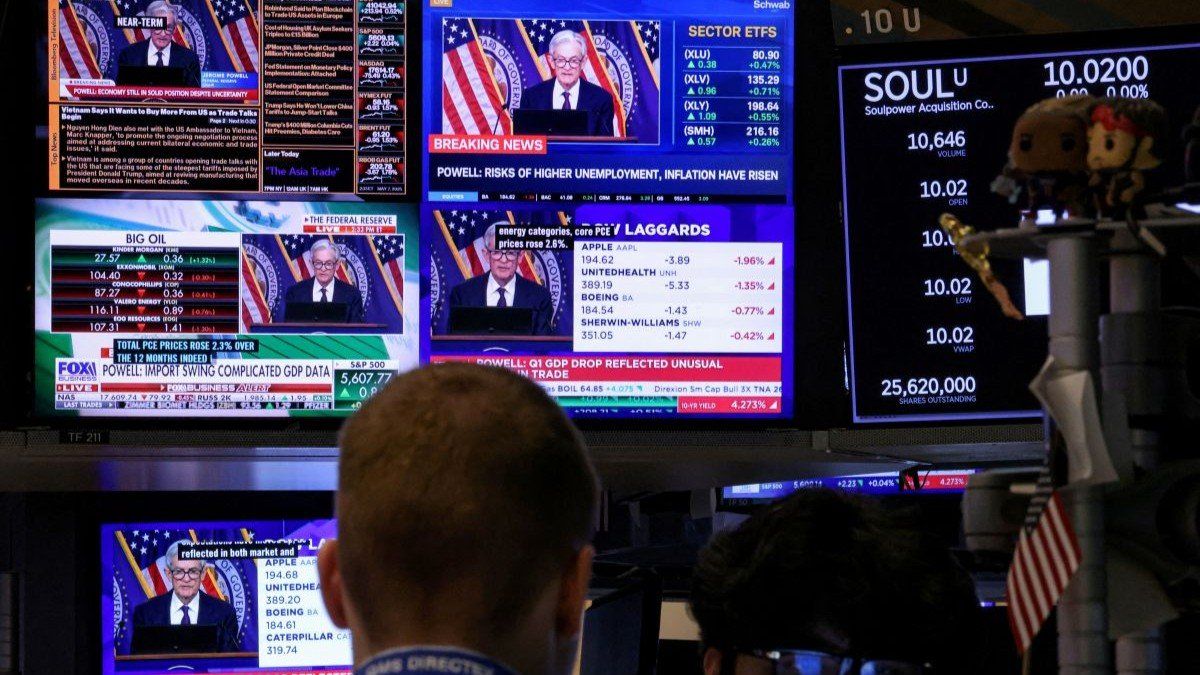4.5: The US Federal Reserve on Wednesday left its key interest rate unchanged for the third time in a row, keeping it at 4.25%-4.5%, where it’s been since December. President Donald Trump has publicly pressured Federal Reserve Chair Jerome Powell to lower rates. “The economy itself is still in solid shape,” Powell told reporters Wednesday, but he said a “great deal of uncertainty” remains about the impact of Trump’s global tariffs and wider trade wars.
2: Speaking of uncertainty, why are US warplanes falling into the sea? According to reports, two F/A-18 Super Hornet fighter jets have slid off the deck of the USS Harry S. Truman carrier into the Red Sea over the past week alone. The first plunged into the water when the warship made a hard turn to evade fire from Houthi rebels. The second may have experienced a landing problem. Each jet costs a cool $60 million – cue Commander Stinger, “you don’t own that plane, the taxpayers do!”
10: The richest 10% of the global population are responsible for two-thirds of the global temperature rise since 1990, according to new research published by Nature Climate Change. The study also claims that compared to the average person, the world’s richest 1% contributed 26 times more to extreme heat globally and 17 times as much to droughts in the Amazon. Private jets are not, as it happens, great for the environment.
350,000: Animal welfare officers in South Africa euthanized more than 350,000
chickens after a state-owned poultry company ran out of funds to feed them. Officials couldn't estimate how many other chickens had died before this intervention due to “mass cannibalism” at the farm (yes, chickens eating
each other). Still, on the plus side, the NSCPA’s action saved more than 500,000 chickens who may now be… eaten by people anyway.
